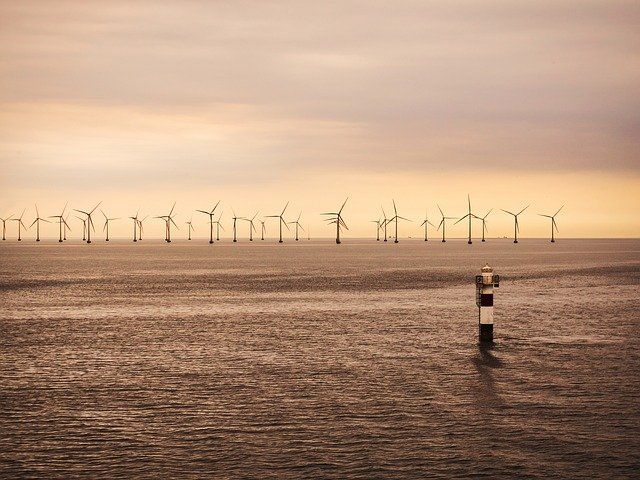As a world leader in renewable energy, Denmark enjoys considerable interest when it comes to its knowledge and experience within the realms of the green transition.
And now, the government has revealed a new initiative to help developing countries switch to reliable green energy at an affordable price.
Initially, Brazil, Pakistan and Colombia will reap the benefits of the initiative, which has been given the name Danish Energy Transition Initiative (DETI).
“We know that climate change hits the world’s poorest and most vulnerable people the hardest,” said the climate minister, Flemming Møller Mortensen.
“So it makes good sense to help countries limit CO2 emissions. The green transition is therefore essential that we can reach our goals in regards to international development and climate ambitions.”
READ ALSO: Denmark signs green innovation agreement with the US
A growing reputation
Brazil, Pakistan and Colombia aim to significantly increase electricity production by 2030, and they have all conveyed a strong interest in co-operating with Denmark.
In Brazil, the initiative will focus on energy planning and offshore wind development, while in Colombia the focal point will be on the development of offshore wind and energy efficiency.
In Pakistan, the centre of attention will be on energy planning and the promotion of sustainable energy in industry.
Denmark already provides technical assistance in established energy and climate partnerships in 16 other countries, including the US, China and India.















